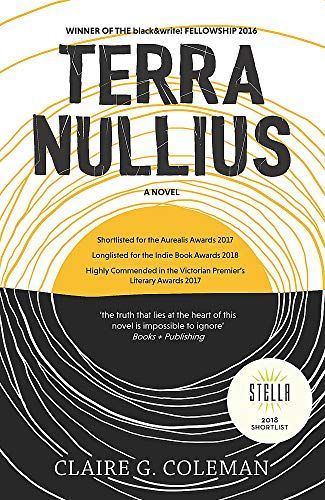
Terra Nullius
SHORTLISTED FOR THE STELLA PRIZE 2018 Highly Commended in the Victorian Premier's Literary Awards 2017 Longlisted for the ABIA Matt Richell Award for New Writers 2018 Longlisted for the Indie Book Award for Debut Fiction 2018 Shortlisted for the Aurealis Award for a Science Fiction Novel 2017 Nominated for Ditmar Award Best New Talent 2018 'The truth that lies at the heart of this novel is impossible to ignore.' - Books+Publishing Jacky was running. There was no thought in his head, only an intense drive to run. There was no sense he was getting anywhere, no plan, no destination, no future. All he had was a sense of what was behind, what he was running from. Jacky was running. The Natives of the Colony are restless. The Settlers are eager to have a nation of peace, and to bring the savages into line. Families are torn apart, reeducation is enforced. This rich land will provide for all. This is not Australia as we know it. This is not the Australia of our history. This TERRA NULLIUS is something new, but all too familiar. This is an incredible debut from a striking new Australian Aboriginal voice.
Reviews
Gillian Rose@glkrose
Jamieson@jamiesonk
Roz@irasobrietate
Alexia@apolasky
Jo H@psyche_eros
Isabella@izsy
Charlotte @readwithchar
Mathew Patterson@mrpatto
Talbet Fulthorpe@talbet